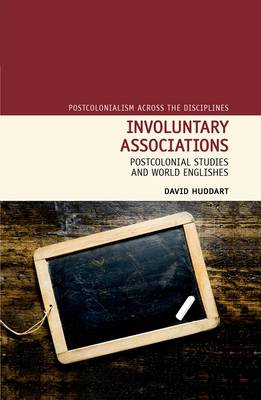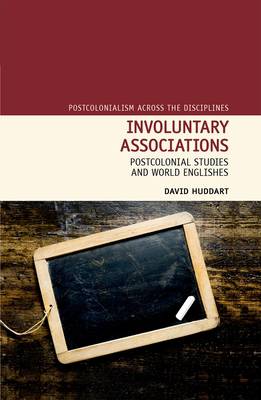
- Afhalen na 1 uur in een winkel met voorraad
- Gratis thuislevering in België vanaf € 30
- Ruim aanbod met 7 miljoen producten
- Afhalen na 1 uur in een winkel met voorraad
- Gratis thuislevering in België vanaf € 30
- Ruim aanbod met 7 miljoen producten
Zoeken
€ 111,95
+ 223 punten
Omschrijving
An Open Access edition of this book is available on the Liverpool University Press website and the OAPEN library.
The consequences of English's spread have become increasingly clear to its diverse speakers. Sometimes associated with a standardization leading to homogenization, often also with imperialism, English is increasingly understood to have no necessary connection with any country or group of countries. The willingness to accept that English has become Englishes might be less evident among so-called native speakers, but their authority is weaker than it seemed. The idea of World Englishes encourages us to re-imagine our understanding of the language. The difference between error and innovation can no longer be decided through assumptions about the language 'ownership'. In fact, the language is beginning to be a medium of the expression of identity for more and more people in very different contexts. This book puts examples from World Englishes into dialogue with postcolonial studies, in the belief that while postcolonial studies has obviously had much to say about English, it has either directly concerned or been influenced by English literary studies. The dialogue will correct misconceptions and misapprehensions in postcolonial studies, with World Englishes offering renewal for postcolonial studies. At the same time, the dialogue will also apply postcolonial studies' political and philosophical ideas to World Englishes, resulting in a postcolonial perspective on English today.Specificaties
Betrokkenen
- Auteur(s):
- Uitgeverij:
Inhoud
- Aantal bladzijden:
- 174
- Taal:
- Engels
- Reeks:
- Reeksnummer:
- nr. 15
Eigenschappen
- Productcode (EAN):
- 9781781380253
- Verschijningsdatum:
- 28/05/2014
- Uitvoering:
- Hardcover
- Formaat:
- Genaaid
- Afmetingen:
- 155 mm x 236 mm
- Gewicht:
- 385 g

Alleen bij Standaard Boekhandel
+ 223 punten op je klantenkaart van Standaard Boekhandel
Beoordelingen
We publiceren alleen reviews die voldoen aan de voorwaarden voor reviews. Bekijk onze voorwaarden voor reviews.











